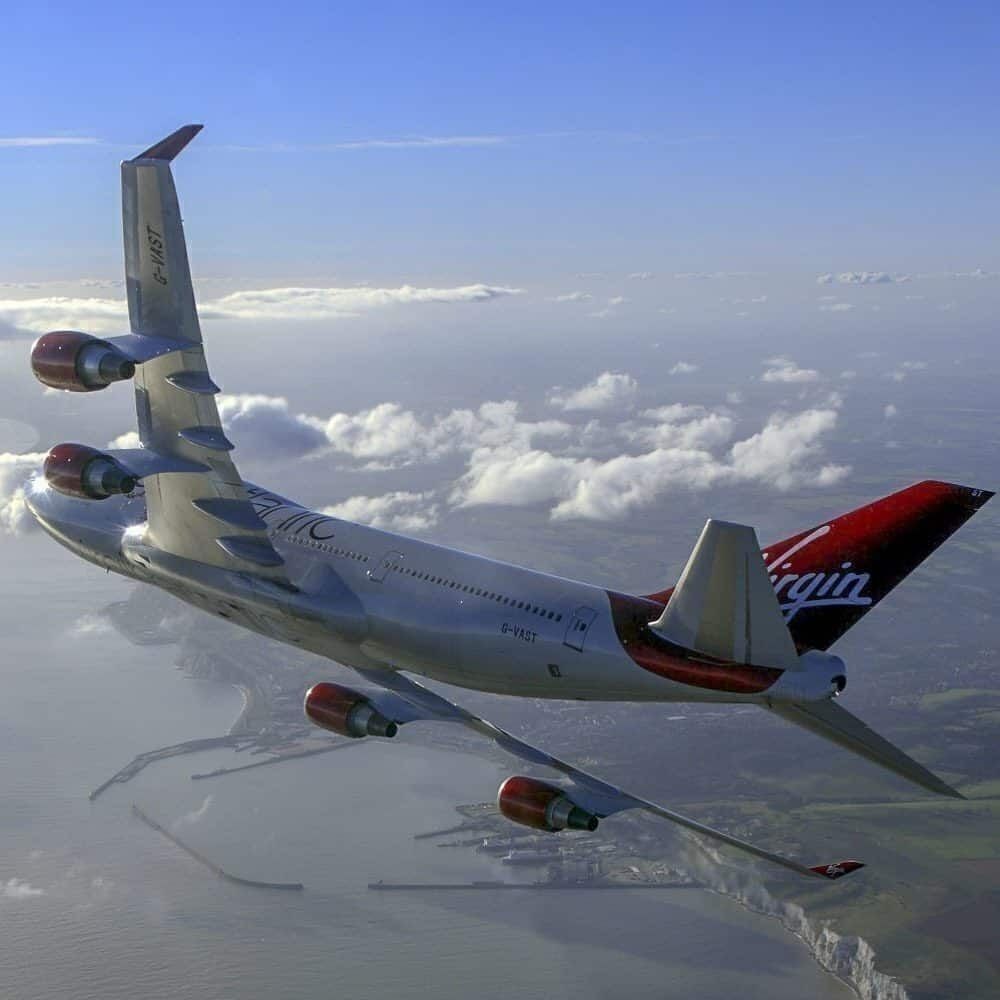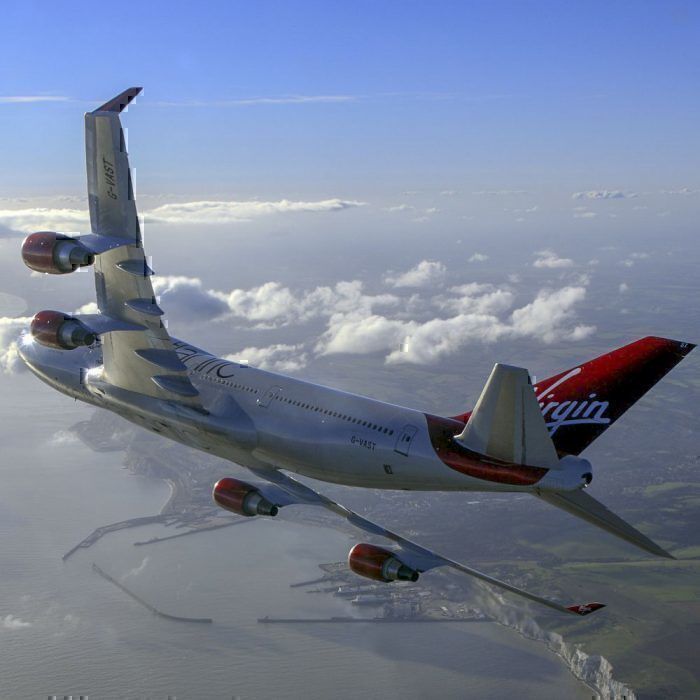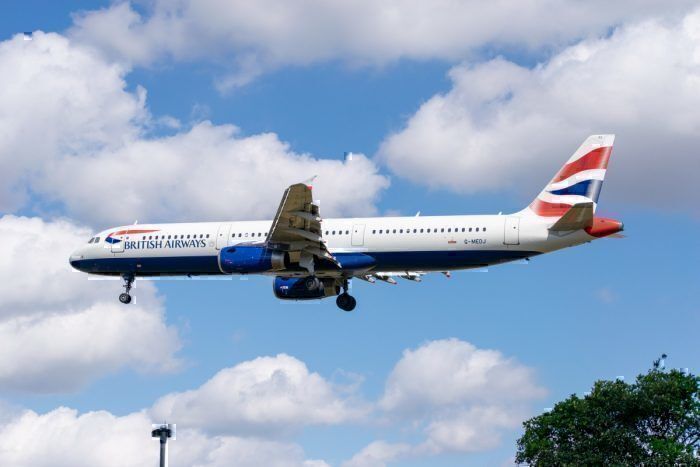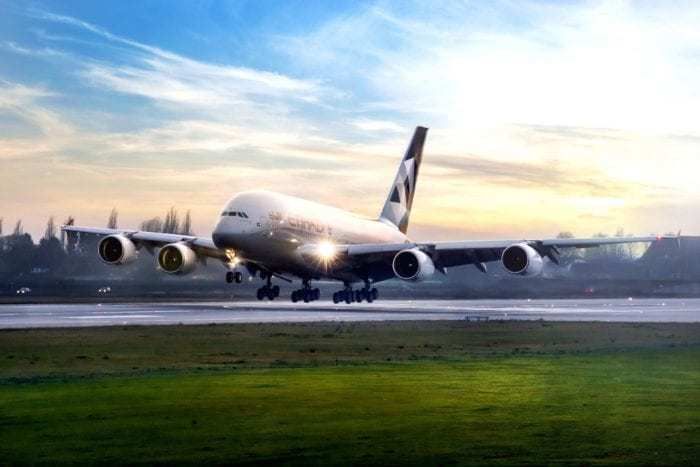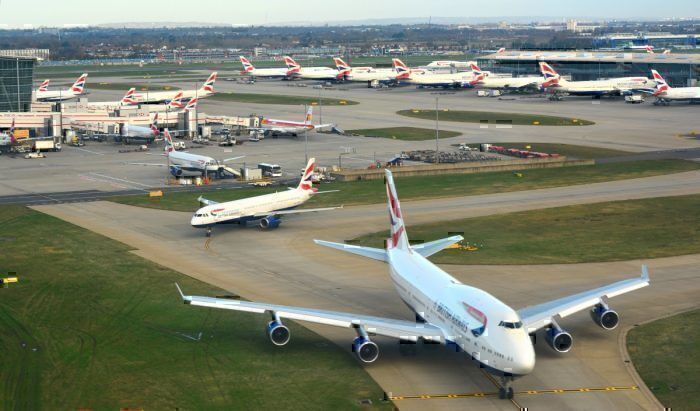Virgin Atlantic has often touted the idea of becoming the UK’s second flag carrying airline behind British Airways. While Virgin certainly doesn’t fit the traditional model of being a national airline, it does tick some boxes and the idea of having some stiff competition for BA is appealing. But does the UK want or need a second flag carrier?
Virgin Atlantic has launched a campaign to encourage the UK government to establish a second flag carrying airline. Spearheaded by effervescent frontman Richard Branson, the airline wants the playing field leveled and is asking its supporters to sign up online.
In his press release, Branson says,
"For the first time, passengers in the UK could have real choice for most of their flights at Heathrow, finally changing the market we set out to transform all those years ago.
"The UK Government is currently considering how the new Heathrow capacity should be allocated. It’s a critical decision that will be taken in the next few months, which will determine the nature of competition at the nation’s only hub airport for decades to come. If the UK is to see real competition things will need to be done differently.
"Virgin Atlantic is calling on the government to grasp this once in a generation opportunity by enabling the creation of a second flag carrier to compete effectively across domestic, short and long haul routes at Heathrow."
But is it necessary for Virgin to become a flag carrier to be competitive? Does it fit the criteria? And does the UK even want or need another flag carrying airline?
What makes a flag carrying airline?
The term ‘flag carrier’ came from the idea that countries would have their own airlines to literally carry their flags all over the world. Governments worldwide launched their own state-funded airlines to realize this dream, but times have changed a lot since then. Although many nations still have government-owned airlines, a great number have now become independent.
British Airways is one such example; although it is no longer state-owned, it still bears the flag of the United Kingdon and is referred to as the ‘flag carrier’ of the nation. Most countries of Europe have flag carriers, regardless of whether they are still state-owned or now privatized. These include Air France, Lufthansa, Icelandair, SAS and Turkish Airlines.
Over the Med in Africa, many nations have their own airlines. Ethiopian Airlines, Royal Air Maroc, Egyptair and Kenya Airways are some fo the more well known. In contrast to Europe, most of these remain under state control. Asia has no less than 30 flag-carrying airlines, again mostly still state-owned.
In fact, out of 195 countries in the world, there are 147 with national airlines. But there is only one nation with none at all – the USA. America did have a national airline once – Pan American World Airways, or Pan Am as most of us knew it. It was never state-owned, so wasn’t a true flag carrier, but was seen as the national airline for some time. However, since its demise, numerous other carriers have risen to the fore, and although there are three massive US full-service airlines, not one claims to be a US ‘flag carrier’.
More interestingly, only one nation in the world has more than one flag carrier, and that’s the UAE. The UAE is fairly unique in that it is a collection of seven loosely affiliated emirates, the largest of which are Dubai and Abu Dhabi. Emirates is the Dubai based carrier, but Sheik Khalifa of Abu Dhabi wanted his own airline too. And so, Etihad was born. Whether the UAE can really support two flag carriers is up for debate.
Does Virgin Atlantic fit the flag carrier model?
A flag carrier, in the traditional sense, would be an airline that was once, or still is, state-owned. Virgin Atlantic was a private venture from the outset, so falls outside the blueprint right away.
Some flag carriers enjoy certain perks, like a big government bankroll or the choice of airport slots. Virgin clearly isn’t in this situation, otherwise it would already have a greater presence at Heathrow.
However, it has been suggested that national airlines embody the very spirit of their nation, serving local cuisine and extending typical hospitality. Virgin Atlantic ticks a lot of boxes here, from its very British ‘mile high tea’ to its super friendly crew.
In the past, the national airline would also be the biggest, but times have changed. Aer Lingus, for instance, the flag carrier of Ireland is dwarfed by its low-cost rival Ryanair. In this sense, Virgin wouldn’t necessarily need to be bigger than British Airways in order to become a national airline.
Could the UK support two flag carriers? In truth, probably. The UK is a crucial market for many foreign airlines, so the traffic is probably there. However, unlike the UAE, Virgin doesn’t hail from some other UK country with its own royal family keen to bankroll a second carrier, so is it really necessary?
Would it be better for passengers?
The idea of a second flag carrier comes about as Virgin strives to secure more slots at Heathrow. It’s a mission the airline has been on for a long time, and one which would supercharge its expansion. The idea of becoming a second flag carrier is all about competing with British Airways on a more level playing field.
At the end of the day, what’s in a name? Virgin is well known for being a very British brand and well-loved as such too. The notion of them being the second UK flag carrier is surely more of an ambition of size than of the actual status itself.
If Virgin wants to be the next flag carrier, it matters not to its passengers. What passengers need is more choice, more competition and fair prices. In this sense, an expansion of Virgin Atlantic at Heathrow is surely something we can all get behind.

